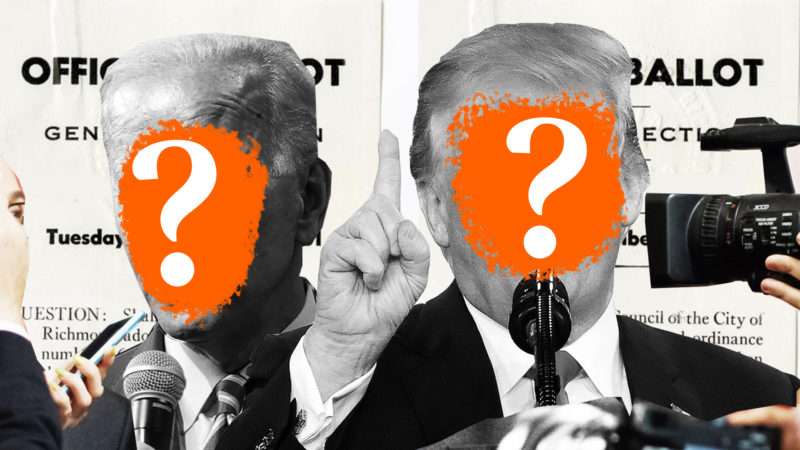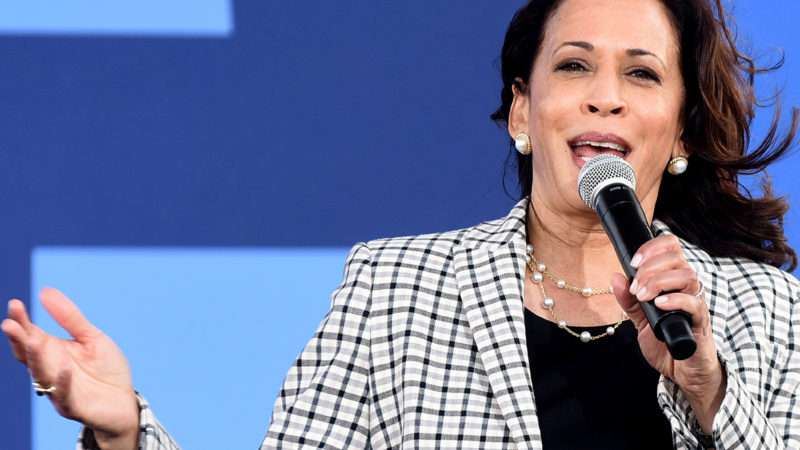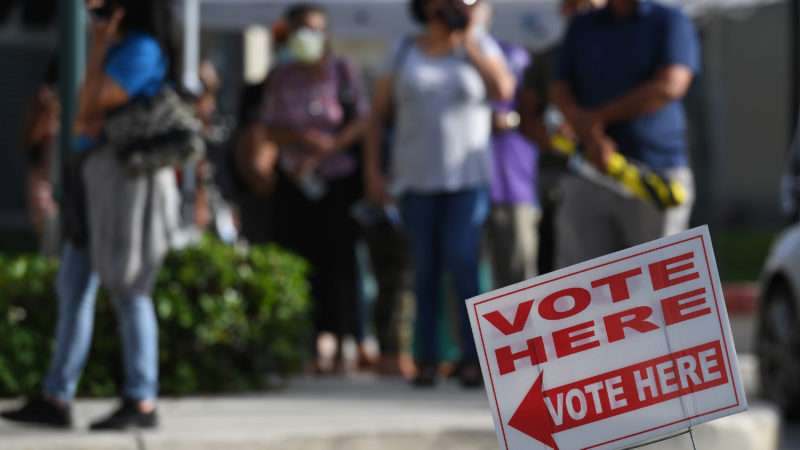President Donald Trump likes to take credit for record levels of deregulation and resulting gains in economic growth. Among the Trump Administration’s accomplishments listed on the White House web site are “record” reductions in regulatory burdens, and the President has claimed his deregulatory initiatives are saving American families $3,000 per year. But do these claims hold up to scrutiny?
A new report issued from the Penn Program on Regulation at the University of Pennsylvania Law School, Deregulatory Deceptions: Reviewing the Trump Administration’s Claims About Regulatory Reform by Cary Coglianese, Natasha Sarin, and Stuart Shapiro, casts doubt on Trump’s deregulatory boasts.
In an essay published at The Regulatory Review, Coglianese, Sarin and Shapiro summarize their findings:
what has the Trump Administration really accomplished when it comes to regulation?
The answer is much less than the Administration has claimed—and much less than probably most members of the public would surmise. In a report released today, we attempt to match up the claims the Administration has made about its deregulatory accomplishments with what the evidence actually shows. Drawing in part on new data we compiled from over the last four years, we find that virtually every major claim the Trump Administration has made about deregulation is either wrong or exaggerated. The reality is that the Trump Administration has done less deregulating than regulating, and its deregulatory actions have not achieved any demonstrable boost to the economy. . . .
We collected our own data from the underlying records that federal agencies maintain of their regulatory agendas. Since 2017, these agendas have included a designation for whether an agenda item was deregulatory or not. We looked at all the completed actions in this database, putting aside actions completed by withdrawing (but not finalizing) proposed rules as well as those actions taken by independent agencies (which are not even included in the Administration’s own lists).
Our results reveal a portrait of activity completely at odds with the Administration’s deregulatory mantra. We find three new completed actions in these regulatory agendas for every one that is labeled deregulatory. When we look at just economically significant actions, even on assumptions favorable to the Administration, we find only one deregulatory action for every one action labeled as regulatory.
When it comes to what difference this activity has made for the economy, we find again that the Administration’s claims have been unfounded or exaggerated. Vice President Mike Pence has said that “we’ve saved $220 billion in our economy,” while President Trump has asserted that “our historic regulatory relief is providing the average American household an extra $3,100 every single year.” These claims appear to be based on a report issued by the Trump White House’s Council of Economic Advisors (CEA). Even if that report is taken at face value, it does not support the President’s or Vice President’s statements. The economic gains presented in the CEA report were never meant to show any boost that the economy already received or is currently receiving. Rather, the CEA’s numbers purport to estimate what the economy might gain in the future—as much as possibly 10 years down the road.
The study’s authors conclude, “The Trump Administration has been more effective at deceiving the public about its achievements than in actually using deregulation to boost the economy.”
There is no question the Trump Administration has been more resistant to federal regulation than its recent predecessors, and federal agencies have scaled back planned regulatory activities where allowed by law—and that is a key qualification. Much federal regulatory action is compelled by federal statutes, and those same statutes make broad-scale deregulation quite difficult. Yet because the Administration has not pursued legislation, its ability to remake the federal administrative state has been quite limited. Moreover, many attempts to deregulate (or even delay eventual regulation), may yet be overturned in court, meaning that the Trump Administration’s ultimate deregulatory record could be even more meager than it appears today.
Administrative law is not for the feint of hard. Major changes in federal regulations require extensive work in the agency trenches and engagement with the underlying statutory frameworks that authorize, and often compel, federal agency action. With few exceptions, this is work the Trump Administration has been unable or unwilling to do. As a consequence, the Trump Administration’s regulatory record has been far less impressive than advertised, and should provide proponents of deregulation less reason to support the President’s reelection.
from Latest – Reason.com https://ift.tt/2TLtmV5
via IFTTT




